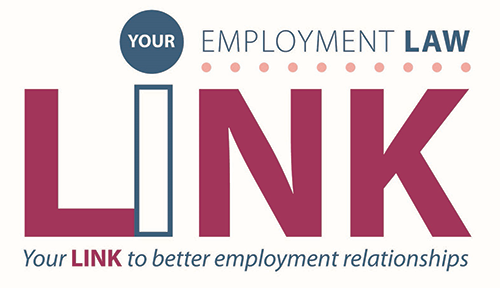The Importance of Language and Understanding in Employment Law

Language can become incredibly puzzling at times. Have you ever experienced that confusing moment where words are being thrown your way but you have no comprehension of what is being said? I certainly do, and it seems we aren’t the only ones.
There is currently a bill before parliament, designed to ensure that party members use simple language, in their verbal and written language, when addressing the general public. The motivation of the Plain Language Bill is to ensure that New Zealander’s fully understand the issues being put before them, so that they can be fully informed. Not everyone is accustomed to the complex language and phrases often used by members of parliament. Advocates for the bill argue that this will lead to greater transparency between the government and the New Zealand public.
Similarly at times, it can be exhausting trying to navigate the ‘legal jargon’ around an employment relationships and this can lead to contention between employees and employers. It is important that both parties in an employment relationship have a clear understanding of their rights and obligations. To support transparency and understanding, legal language is continuously evolving in an effort to make information as clear and concise as possible. For example, both of the following excerpts are clauses involving confidentiality. One is from an employment agreement from 2015, while the other is an updated clause from the Ministry of Business, Innovation and Employment .
“The employee shall not at any time, including during the currency of the Agreement or after its termination for whatever reason, use, disclose or distribute to any person or entity, otherwise than as necessary for the proper performance of his or her duties and responsibilities under the Agreement, or as required by law, any confidential information, messages, data or trade secrets acquired by the employee in the course of performing his or her services under the Agreement.” – 2015
“The employee agrees to keep confidential information private. Except as part of the proper performance of their job, the employee will not directly or indirectly use, copy, share, or permit the use or copying of any confidential information owned by, or in the possession of, the employer unless they get written permission.” – 2022
These clauses show how simplicity of language can lead to a clearer understanding of the terms when entering into an agreement. Needless to say, the evolution of legal language is a necessary adjustment in order for people to better understand what they are agreeing to. It is important for both employees and employers to address any uncertainty before entering into an agreement. In some cases, this may mean seeking expert advice or referring to direct legislation such as the Employment Relations Act 2000 and the Holidays Act 2003. Both parties should stay informed about current legislation and any changes being introduced so that they may enjoy clarity and a full understanding of their rights and obligations.
For more information, click here.
Published on Wednesday, October 5th, 2022, under Blog



Business owners can follow these ideas at it will surely help them.
How can the Plain Language Bill contribute to ensuring that New Zealanders are fully informed about important issues ?
Great question! This legislation could be beneficial as it would ensure that politicians are using language that all citizens can understand when speaking on a public platform. This would help to combat misinformation and ensure that New Zealanders understand the information coming from Parliament. A lot of political ‘lingo’ is not commonly known to New Zealanders and this can result in confusion when these politicians address the nation, this would remove this language and replace it with plain language to ensure that the message is getting across the way it was intended to.
hey i really liked your post. it was really helpful in solving my query and made me enhance my knowledge regarding employment law. thankyou